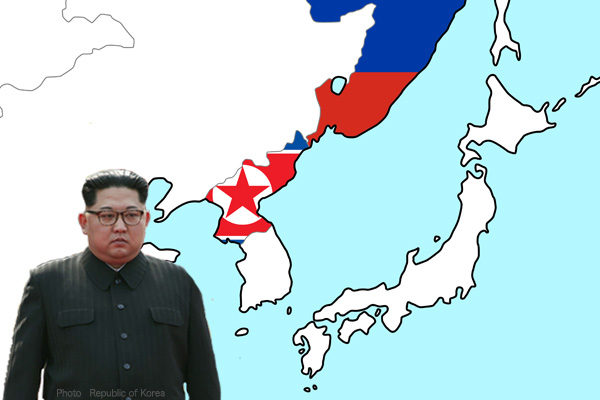On June 19, Russian President Vladimir Putin visited North Korea for the first time in 24 years and held a summit meeting with Chairman Kim Jong Un. The two leaders concluded the Treaty on the Comprehensive Strategic Partnership, which included a provision that “if either party is in a state of war after receiving an armed invasion […], the other party shall provide military and other aid by all means it has without delay.”
It is speculated that North Korean forces may take part in the Ukraine war in accordance with this provision. In fact, however, North Korea has already sent troops to Russia, and the dispatch has paved the way for Putin to visit Pyongyang, according to information I have recently received. North Korea sent some 1,000 military engineers to Russia in May and is selecting burly soldiers in a bid to boost the number to 10,000, my informants said.
Russia continued to ask for troops
Putin had failed to realize his promise made in January to visit North Korea. After winning a Russian presidential election for the fifth time in March, he visited China in May and traveled to Harbin, close to North Korea, but did not make a stopover in Pyongyang. Although the North Koreans strongly urged him to visit at the time, his visit did not become reality partly due to Chinese opposition, I was told.
A big problem has recently disrupted the relationship between North Korea and Russia. The Russians have been angry that many of the weapons provided by North Korea were old and defective.
North Korea has provided Russia with millions of artillery shells and short-range ballistic missiles since the second half of last year to support Russian forces in its war in Ukraine. However, those shells had a misfire rate of more than 50%, leading some Russian soldiers to be injured when some shells exploded in barrels.
North Korea provided Russia with old weapons produced before 2010. In the year, North Korea introduced computerized numerical control lathes to improve the quality of weapons. Earlier produced shells and ammunition were like garbage, which were provided to Russia. North Korea sent old weapons, fearing that the country would be in trouble in an emergency if its arsenals were empty.
Russian forces were increasingly frustrated with North Korean weapons and disposed of them. One of the reasons for the dismissal of Russian Defense Minister Sergei Shoigu was that he had bought defective weapons during his visit to North Korea last July, I was told. North Korea is said to have entertained Shoigu even with “pleasure girls” at that time.
Moscow has been requesting North Korea to send troops to Russia since Shoigu’s visit. An acknowledgement in Putin’s message conveyed by Shoigu to Pyongyang that Soviet Air Force pilots participated in the Korean War was meant to press North Korea to send troops in return.
North Korea has yet to acquire nuclear submarine technology
Last year, North Korea considered dispatching special forces to Ukraine and gave up on the idea after a secret attitude survey which found that many members of the special forces might defect during combat, my sources said. North Korea has decided to send military engineers this time for an apparent reason that they are unlikely to defect.
Kim Jong Un has repeatedly negotiated with Russia since last year to receive nuclear submarine technology and stealth fighter jets from Russia prior to a ceasefire in Ukraine. Russia continued to refuse, saying that the reward does not commensurate with shells provided by North Korea. Even in response to Kim’s decision to send engineers, Putin did not promise to provide nuclear submarine technology and stealth fighter jets, I was told.
Tsutomu Nishioka is a senior fellow and a Planning Committee member at the Japan Institute for National Fundamentals and a visiting professor at Reitaku University. He covers South and North Koreas.


